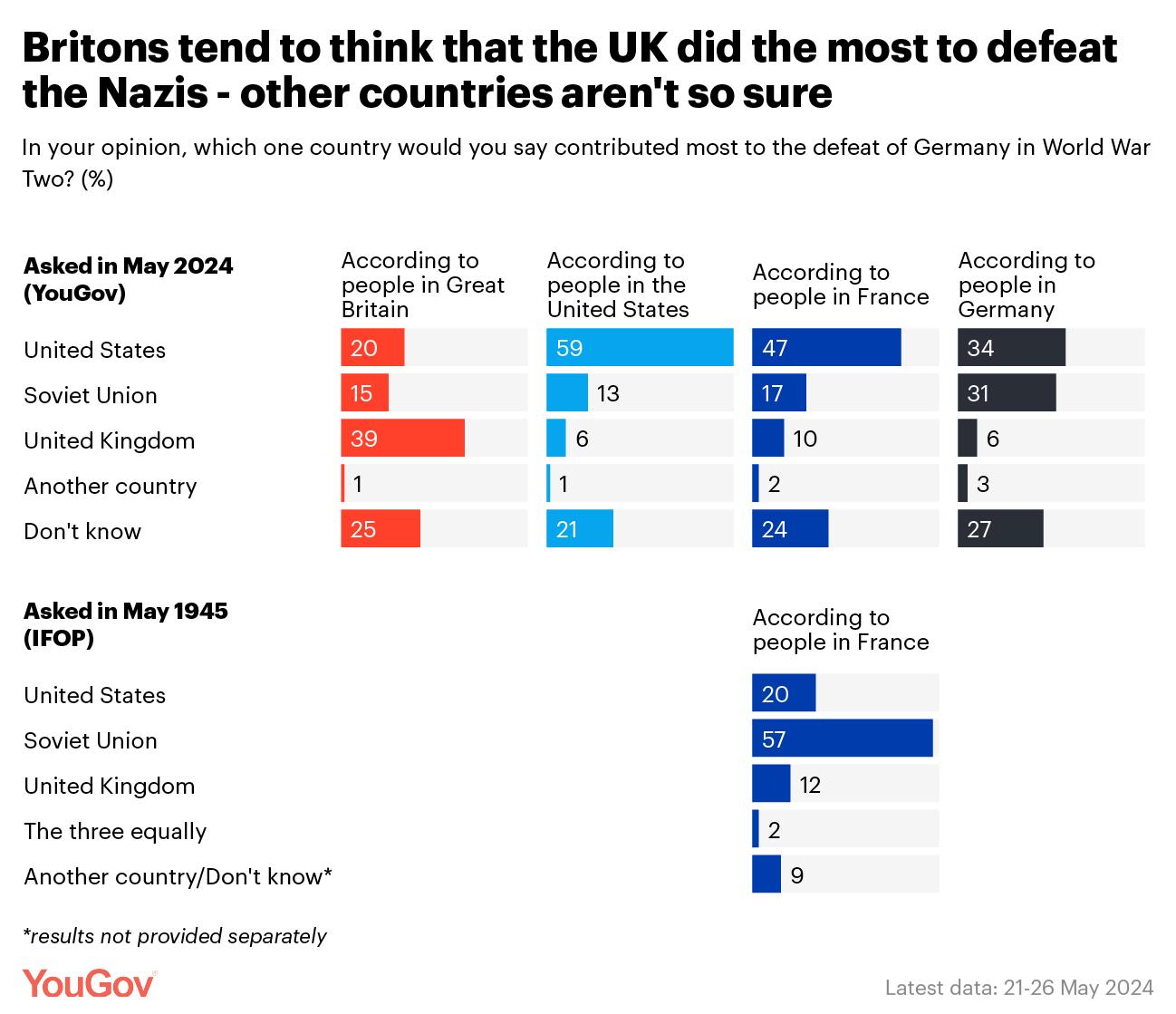the_dunk_tank
It's the dunk tank.
This is where you come to post big-brained hot takes by chuds, libs, or even fellow leftists, and tear them to itty-bitty pieces with precision dunkstrikes.
Rule 1: All posts must include links to the subject matter, and no identifying information should be redacted.
Rule 2: If your source is a reactionary website, please use archive.is instead of linking directly.
Rule 3: No sectarianism.
Rule 4: TERF/SWERFs Not Welcome
Rule 5: No ableism of any kind (that includes stuff like libt*rd)
Rule 6: Do not post fellow hexbears.
Rule 7: Do not individually target other instances' admins or moderators.
Rule 8: The subject of a post cannot be low hanging fruit, that is comments/posts made by a private person that have low amount of upvotes/likes/views. Comments/Posts made on other instances that are accessible from hexbear are an exception to this. Posts that do not meet this requirement can be posted to [email protected]
Rule 9: if you post ironic rage bait im going to make a personal visit to your house to make sure you never make this mistake again
view the rest of the comments

(Source.)
Of course, Wall Street was ground zero for the Great Depression, which arguably makes Imperial America’s important contributions to the European Allies less impressive: solving a problem that you started is the responsible thing to do, but it should be baseline and rarely laudatory.
While we can still give some credit to the Western Allies for defeating the Axis, few historians disagree that the Soviets contributed the most to vanquishing the Third Reich. Even Winston Churchill, as much as I loathe him, conceded that the Soviets ‘t[ore] the guts out of the’ Wehrmacht.
Now this is typically when antisocialists refer to the Lend–Lease Act, whose importance they exaggerate to comedic extremes. While the Lend–Lease Act was undoubtedly helpful to the Soviets, we really have no good reason to believe that it was decisive to the Allied war effort:
(Source.)